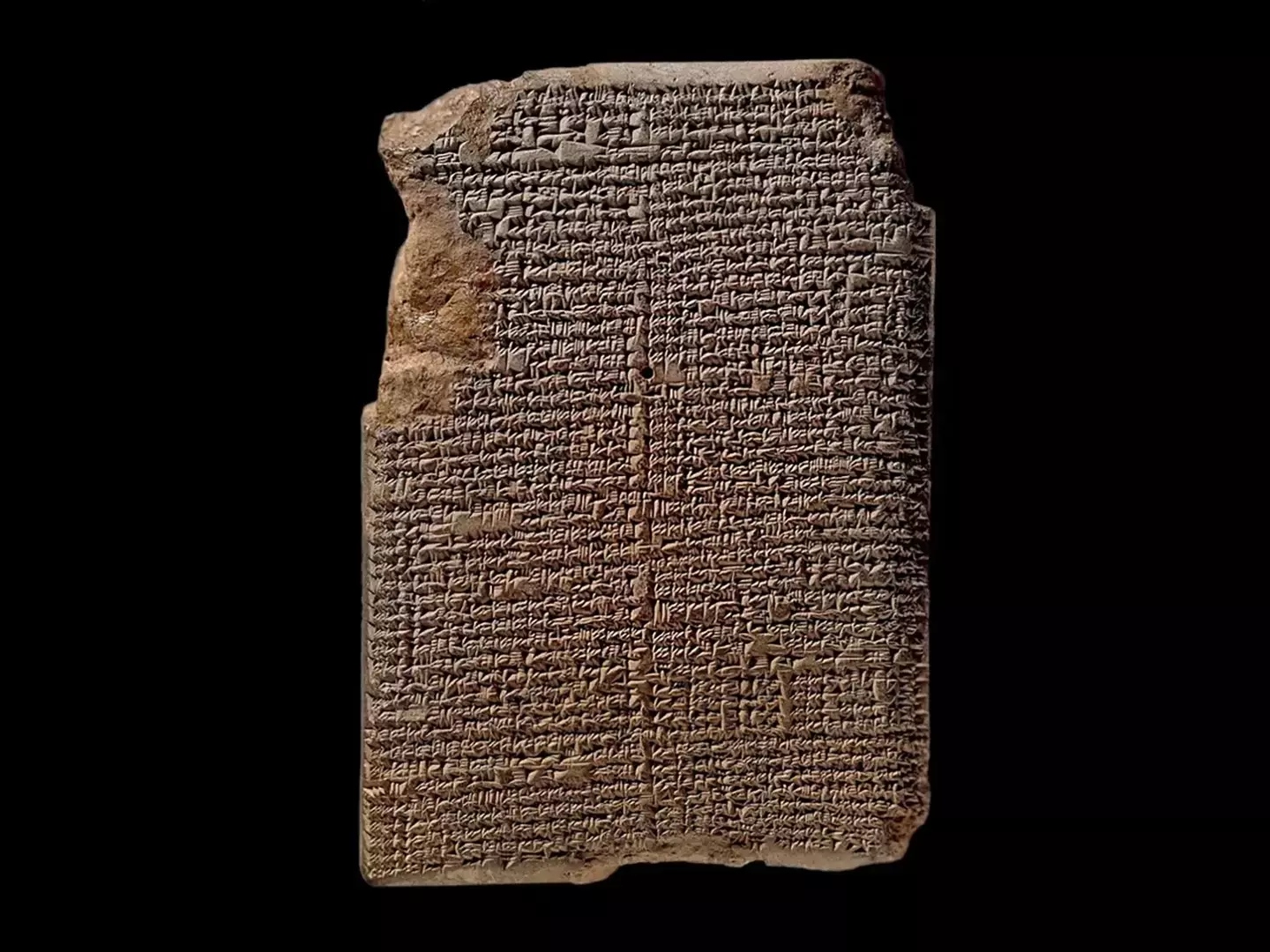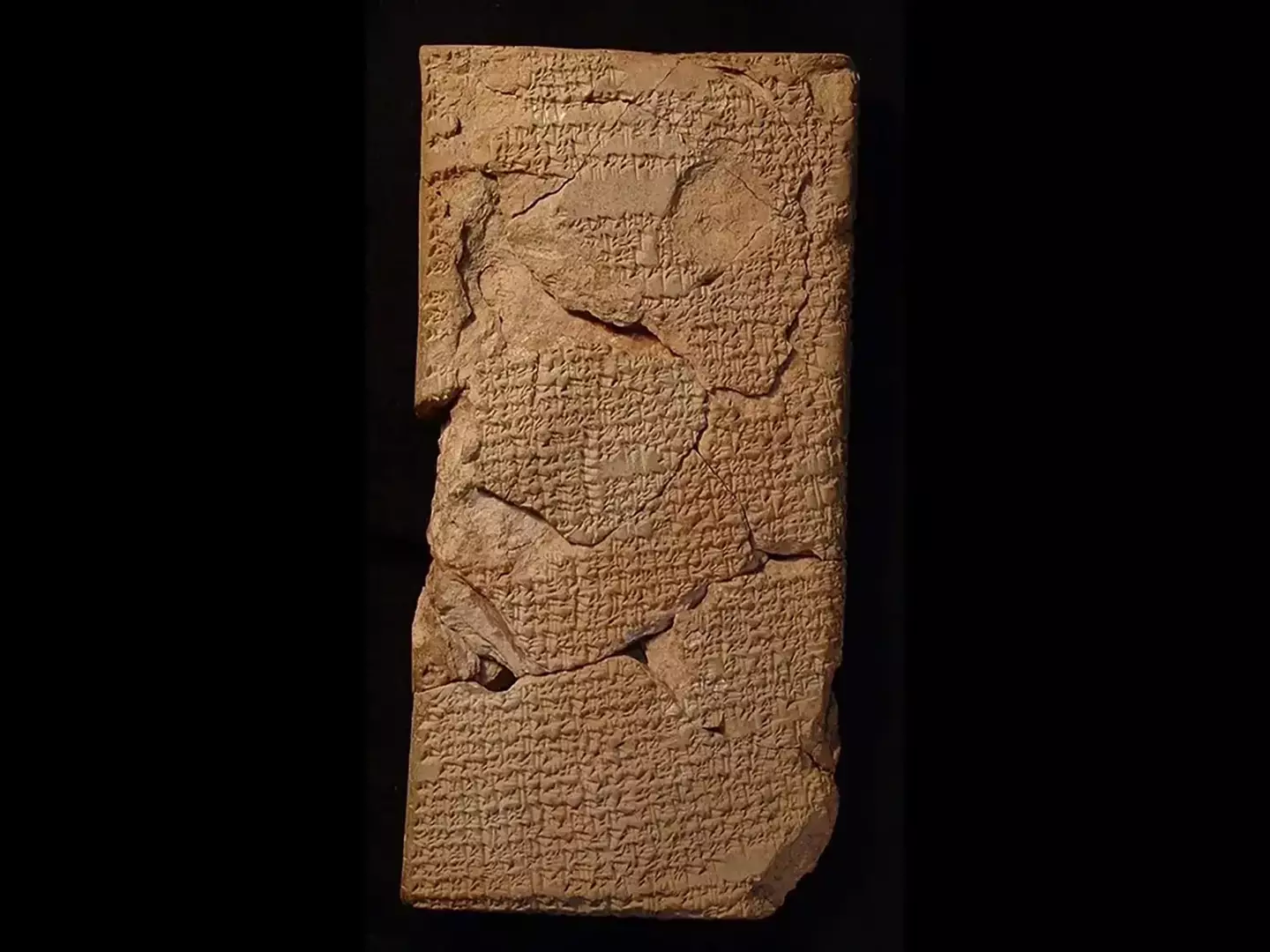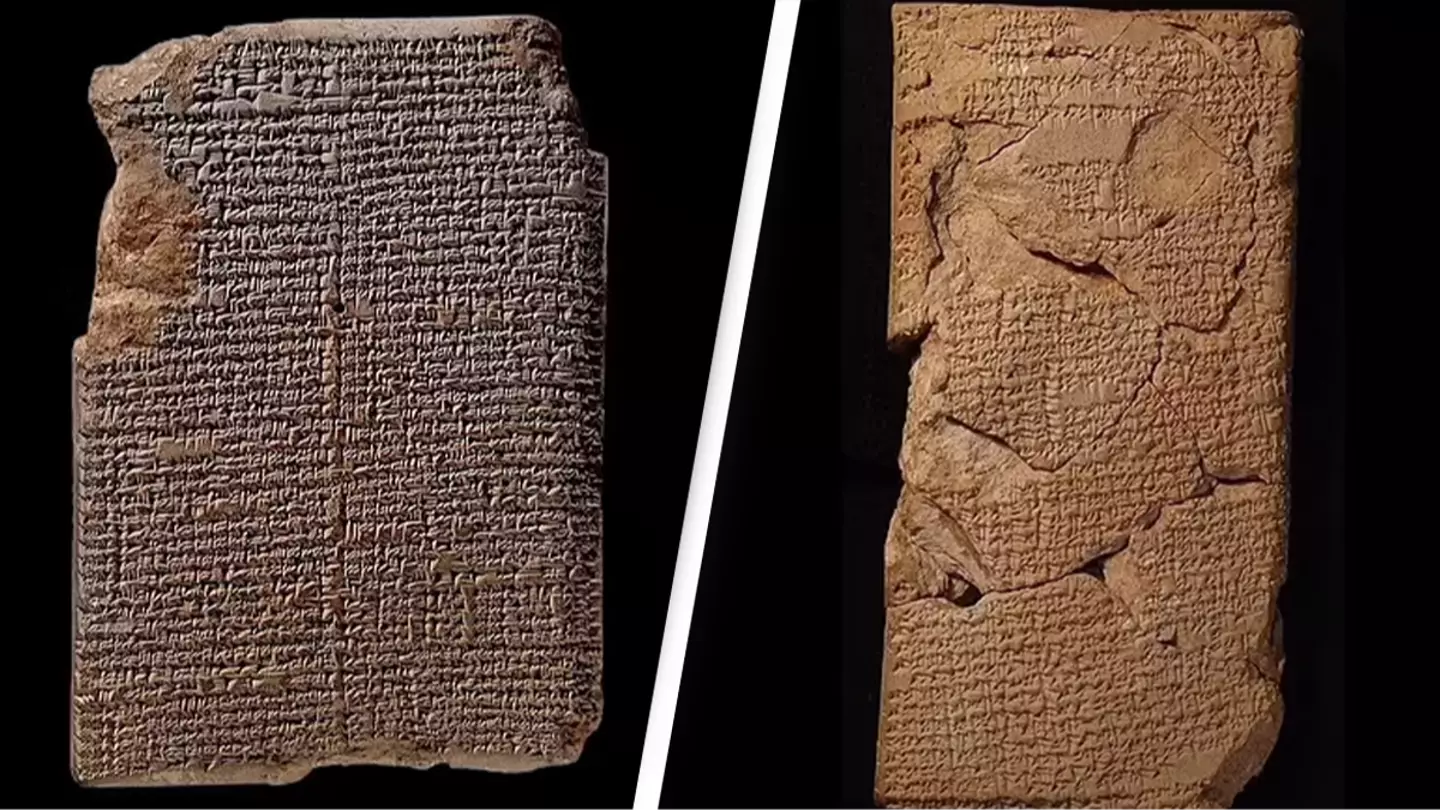Over 100 years ago, four tablets were found that have now been deciphered, revealing unsettling predictions about the future.
Researchers have examined the inscriptions on these four clay tablets, which were discovered more than a century ago in what is now Iraq.
The tablets are considered ‘the oldest examples’ of omens related to lunar eclipses. When the Earth’s shadow covers the moon, these predictions were believed to forecast ominous events.
Estimated to be approximately 4,000 years old, the tablets originate from the Babylonian Empire, specifically from the city of Babylon in ancient Mesopotamia (modern-day Iraq and parts of Syria and Iran).
They were unearthed over a hundred years ago and were included in the British Museum’s collection between 1892 and 1914. However, their contents have only recently been deciphered and published.
The inscriptions on the tablets describe various astronomical events, including the dates and times of eclipses and the movement of shadows on Earth. At the time, many people in Babylonia and Mesopotamia believed that ‘events in the sky were coded signs placed there by the gods as warnings about the future prospects of those on earth,’ according to Andrew George and Junko Taniguchi in their article “Old Babylonian Lunar-Eclipse Omen Tablets in the British Museum,” published by The University of Chicago Press.
The omens contained on the tablets suggest some eerie predictions for the future.

One inscription reads: “An eclipse becomes obscured from its center all at once [and] clear all at once: a king will die, destruction of Elam [south-west of modern day Iran].”
Another states: “An eclipse begins in the south and then clears: downfall of Subartu and Akkad.”
A third omen says: “An eclipse in the evening watch: it signifies pestilence.”
Pestilence indicates a deadly, widespread disease that causes mass fatalities.
Additional omens mention an ‘attack on the land by a locust swarm’ and ‘losses of cattle,’ as reported by The Post.
George informed Live Science that some predictions might have been based on ‘actual experience,’ where past lunar eclipses were followed by disasters.
However, it’s not all dire, so there’s no need to panic just yet.

Thankfully, omens weren’t always fully trusted for predicting the future. Whether or not the tablet’s prophecies have come true, or will come true, remains a subject of debate.
George and Taniguchi noted: “If the prediction associated with a given omen was threatening, for example, ‘a king will die,’ then an oracular enquiry by extispicy [inspecting the entrails of animals] was conducted to determine whether the king was in real danger.”
Moreover, just because an omen was predicted, it didn’t mean the future was set in stone. People in the Babylonian period believed that certain rituals could alter the course of fate.

